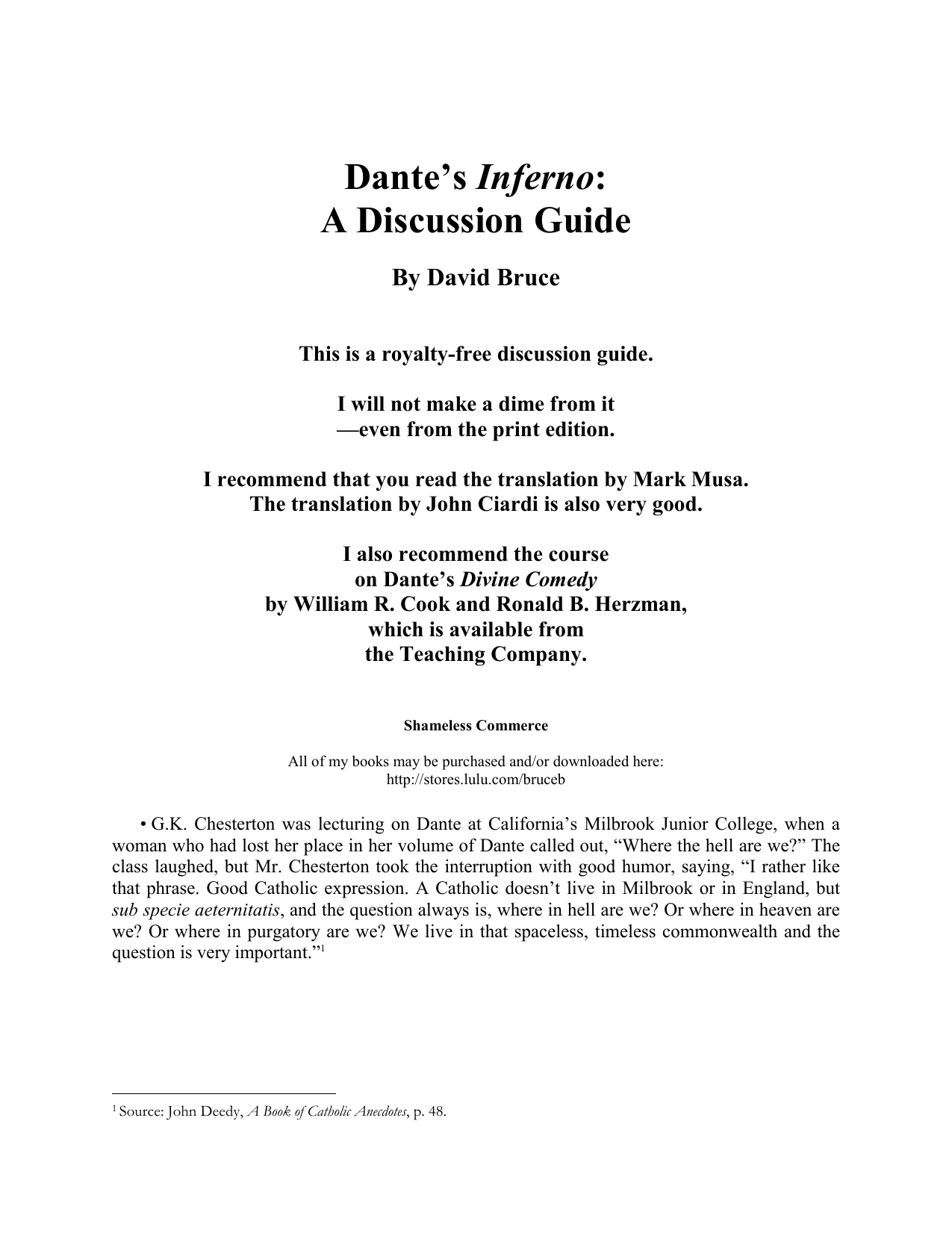

Following Aquinas’s logic, this makes lust significantly less serious than other sins, such as betrayal and fraud – both of which are done with the deliberate intention of harming others and caused corruption of the sinners’ souls. In other words, lust is a bodily impulse, not one of the soul. Dante describes the lustful sinners as having “sinned in carnal things” (5.35). Lust has been placed in one of the highest circles of hell, among the other incontinent sins. Dante, whose theological and philosophical perspectives were heavily influenced by Aquinas, maintained a similar judgment. Thomas Aquinas likely would have classified lust as a venial sin, committed on impulse and without reflection, making it less serious than mortal sins. The Desert Fathers included lust in their list of the seven deadly sins and the Book of Job writes, “For lust is a shameful sin, a crime that should be punished” (Job 31:11). Philosophers of antiquity, however, disagree. Everyone has felt sexual desires, or at the very least has been infatuated with someone, suggesting that lust is intrinsic to human nature and should not warrant its own level in hell. Perhaps this logic is a product age and culture many 21st-century readers might consider list, especially in comparison to more violent sins, trivial and commonplace. One possible first impression of Dante’s second circle is that lust is not a legitimate sin. However, closer inspection reveals that Dante empathizes with these sinners, awarding them with the least severe of all of hell’s punishments, and even occasionally overlooking the souls’ other sins to ensure them a place in the tamest circle of hell. At first glance, Dante’s account of the lustful sinners appears to be entirely one-dimensional: these are men and women who succumbed to sexual desire and longing and whose cruel punishments are deserved. Canto V is filled with contradictions, puzzlements, and curious word choices. It is here, in the second circle, where the lustful spend eternity. The most puzzling circle of hell in Dante Alighieri’s Inferno is also one of the first.


 0 kommentar(er)
0 kommentar(er)
